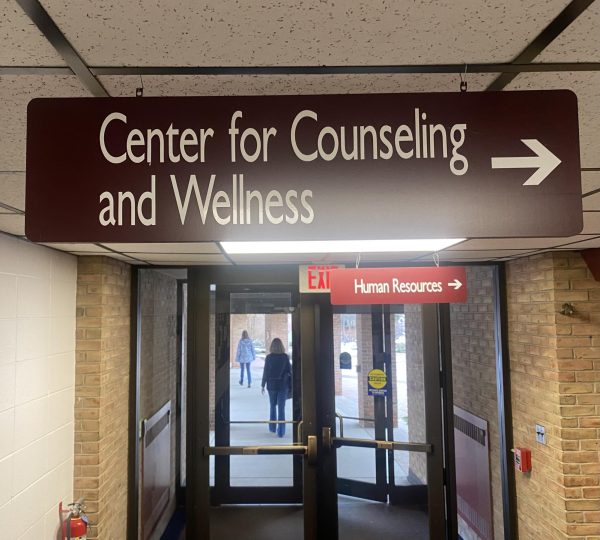Study: Gen Z twice likely to identify as LGBT+ or atheist
Barna Group, an evangelical research group, published a study that found Generation Z (Gen Z) to be twice as likely to identify as LGBT+ or atheist. Although Millenials have been the focus of much attention, Gen Z is now entering the church and its institutions. Also called the iGeneration, Generation Z is similar to Generation X in that it is a “shoulder” group, coming on the heels of a much larger generation, such as the Baby Boomers.
Characterized as fiscally conservative, socially liberal and more likely to attend church, Gen Zers differ from their Millennial predecessors in their desire to be more spiritual but they have a difficult time finding outlets for it. However, this conclusion from the Barna study is only focused on a small group of evangelical Christians, leaving out Catholics and other members of the global church.
Calvin professor Lynn Elliott, who teaches youth ministry for the Congregational Ministries Studies Department, shared a review of the Barna study from her collegue, Reverend Melissa Cooper. Cooper critiqued the study for its lack of scope, and that it is much more of a poll than “research” on Generation Z. Both Elliott and Cooper state that the strongest trait of the upcoming Generation Z is empathy. Fast Company reports that brands are reading Gen Z as an accepting generation. “They are not judgmental, they don’t put people in boxes, and they don’t seem to care as much about what you do, who you love, or what you look like,” says Kyle Andrew, chief marketing officer of American Eagle Outfitters.
Many members of this generation would want to avoid legalism rather focusing on relationships instead of leading with rules. They would also seek a more diverse representation of the kingdom of God into our church spaces.
Much of the research done on Gen Z has shown that they use technology frequently and can lack essential interpersonal skills which may lead to their more conservative attitudes toward alcohol and risk in general. However, it is concerning that levels of anxiety, depression and suicide in this generation are higher than those previous.
From her own experience, Elliott stated that she has seen a growing number of cases of anxiety and depression during her time in youth ministry. This has been the case with her Millennial students, and in Generation Z, the trend is likely to continue.
Additionally, Generation Z is likely to be more stressed than prior generations. The Barna study as well as others have shown that Gen Zers are heavily focused on the future, concerned about college choice and looking for financial and career security before they are even half way through high school.
Despite all of this research, it is important to note that “generational trends” are just trends. Gen Z’s changing perspectives will likely change how youth group leaders and preachers interact with and minister to them.














